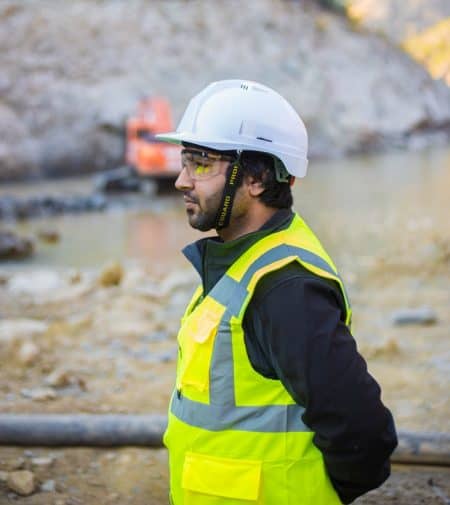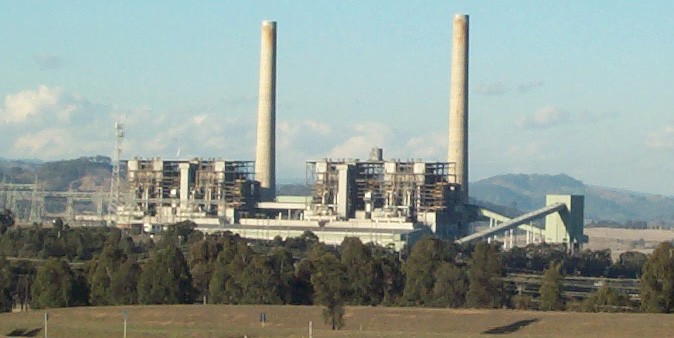Solar energy jobs in Australia received a huge boost in the 17-18 financial year according to statistics from the ABS. The amount of jobs in this sector double from the previous year.
Solar Energy Jobs in Australia
With the explosion of solar power in Australia, solar jobs have also seen a drastic uptick – according to data from the Australian Bureau of Statistics (ABS) the number of full time jobs in the renewable energy sector rose by 28% in 17/18. A whopping 46% of this represents rooftop solar – the total of 17,740 full time jobs is up a whopping 60% from 15-16 numbers.

“Factors contributing to the growth in renewable energy uptake in Australia include a reduction in costs, greater interest in clean energy sources and the development of electricity storage technologies,” Jonathon Khoo from the ABS said in comments published on the SBS website.
“Although this has led to a boost in employment in the renewable energy sector, employment in renewable energy remains comparatively small compared with other forms of energy which employs around 59,000 people.”
“We saw large scale solar projects – systems with an installed capacity of 100 kilowatts or greater – overtake hydroelectric power to become the second-largest creator of renewable jobs” Mr Khoo continued.
An article in the Sydney Morning Herald quoted Simon Currie from Renew Estate – he discussed the ramifications for solar employees and those looking to get involved in this rapidly growing industry:
“Projects like Bomen – in Wagga Wagga – are showing the way for the future, by using localised labour, and it paves the way for how the renewable workforce is used in the future,” Mr Currie said.
Solar farm jobs rose steadily from 930 in 2016-17 to 2880 last year, beating hydro’s 2020 jobs and the 1890 employees working at wind farms. Around 1 in 4 homes which are suitable for solar power have it installed, so there’s still plenty of room to move. We also have energy storage to keep an eye on!


